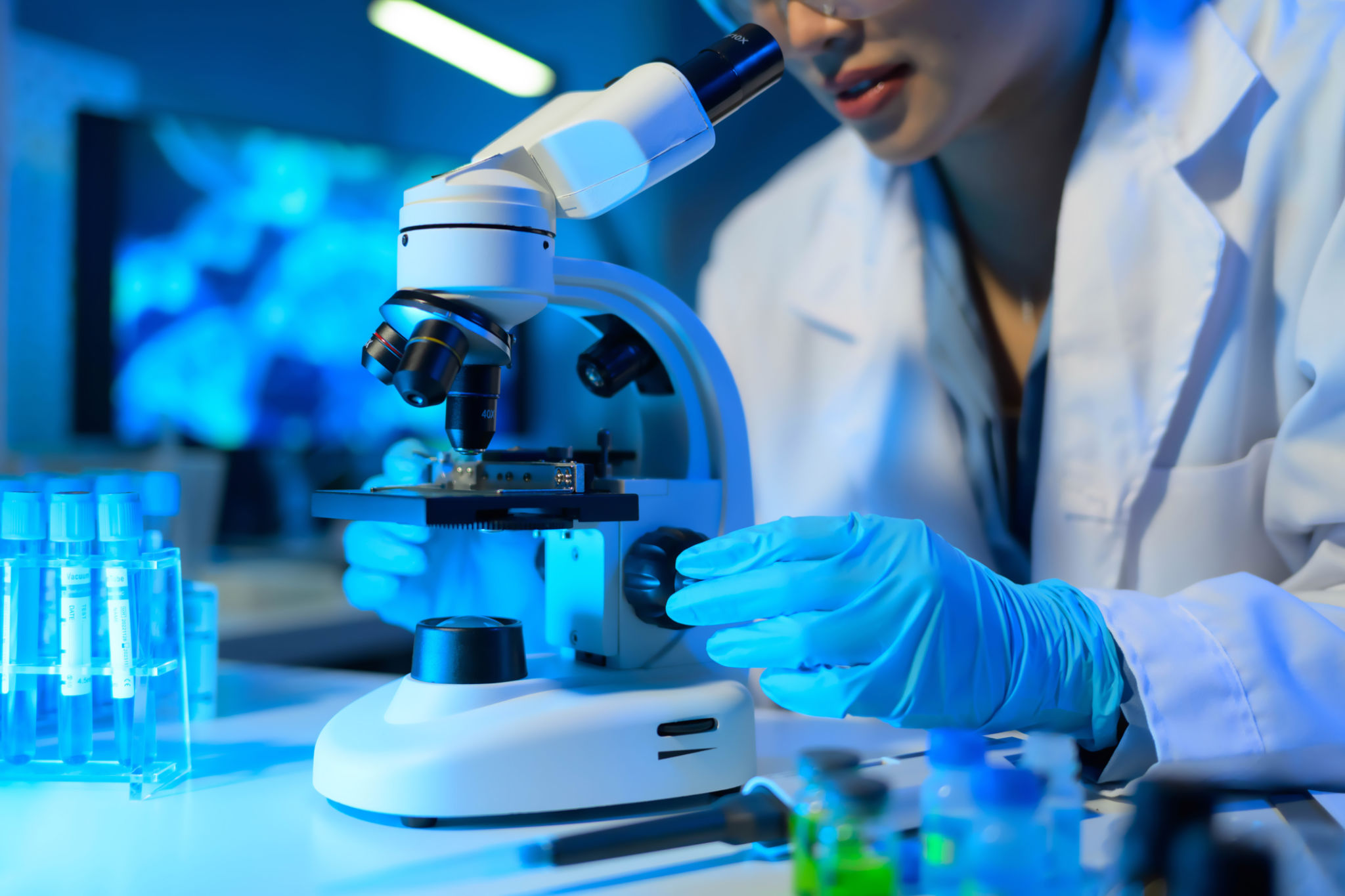Choosing the Right Pathology Lab: A Guide to Making Informed Decisions
Understanding the Importance of Pathology Labs
Pathology labs play a crucial role in diagnosing, monitoring, and managing various health conditions. They provide precise and accurate test results that are essential for determining the right course of medical treatment. Choosing the right pathology lab can significantly impact the reliability of your results, hence affecting your overall healthcare experience.

With numerous options available, selecting a suitable pathology lab might seem overwhelming. It is important to consider several factors to ensure you make an informed decision that aligns with your healthcare needs.
Accreditation and Certification
The first step in choosing a pathology lab is to verify its accreditation and certification. Accredited labs adhere to strict standards and are regularly audited to ensure their testing procedures meet the highest quality benchmarks. Look for certifications from recognized bodies such as the College of American Pathologists (CAP) or Clinical Laboratory Improvement Amendments (CLIA).
These certifications guarantee that the lab maintains proficiency in its testing processes and that its personnel are qualified to conduct various tests accurately. Ensuring that a lab is accredited provides peace of mind that your results are both reliable and trustworthy.
Range of Services Offered
Consider the range of services and tests the lab offers. A comprehensive pathology lab should provide a wide array of testing options, from routine blood tests to specialized genetic testing. Having access to a full suite of diagnostic services can be convenient, especially if you require multiple tests for different health concerns.

A lab offering specialized services may also indicate its expertise in specific areas, which could be beneficial if you have particular health conditions that require advanced testing.
Turnaround Time for Results
Another crucial factor to consider is the turnaround time for obtaining test results. Quick and efficient processing can be vital, especially in cases where timely diagnosis is critical for treatment decisions. Inquire about the usual time frame for receiving results and whether the lab offers expedited services for urgent cases.
Cost and Insurance Compatibility
Understanding the cost structure of tests and whether they align with your budget is essential. It's crucial to check if the pathology lab accepts your health insurance plan to minimize out-of-pocket expenses. Many labs provide pricing information upfront and can also assist in navigating insurance claims, ensuring a smoother experience.

Inquiring about any additional fees or hidden costs beforehand can prevent unexpected expenses and help you plan accordingly.
Technological Advancements and Equipment
Modern pathology labs should be equipped with state-of-the-art technology to ensure accurate and efficient testing. Advanced equipment not only enhances the precision of test results but also often reduces processing times. Inquire about the technology used by the lab and whether they stay updated with technological advancements in the field.
Labs that invest in cutting-edge technology are often more reliable and better suited to handle complex diagnostic needs.
Reputation and Patient Reviews
Finally, consider the reputation of the pathology lab. Research online reviews and testimonials from other patients to gauge their experiences. A lab with consistently positive feedback is likely to provide excellent service and reliable test results.
Additionally, ask for recommendations from healthcare professionals or friends who have had direct experiences with local labs. Personal referrals can offer valuable insights into the quality and reliability of a lab's services.
By considering these factors, you can select a pathology lab that not only meets your diagnostic needs but also ensures a seamless healthcare experience.